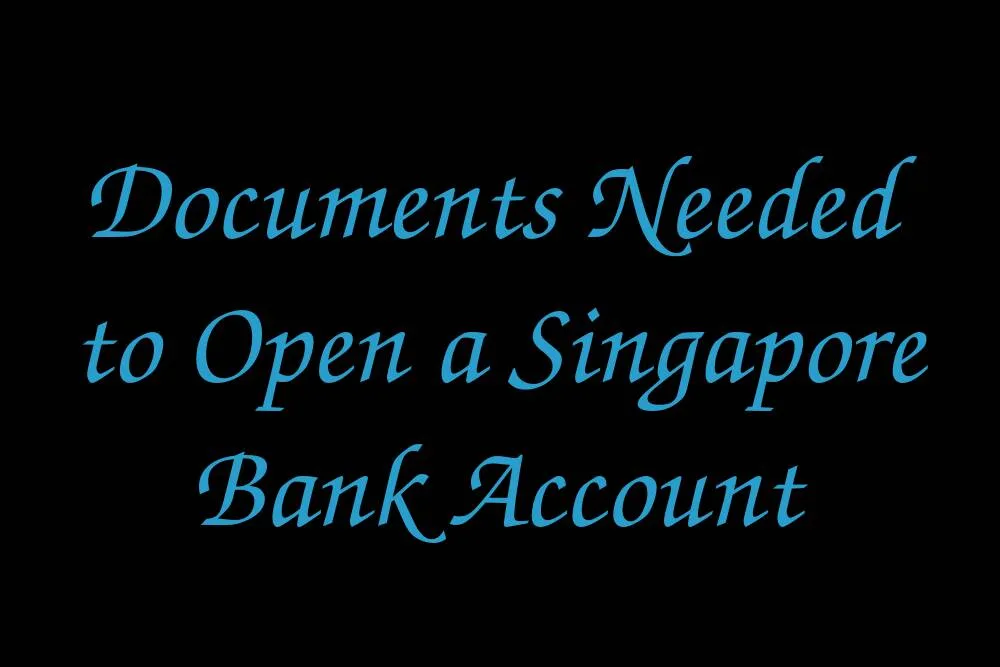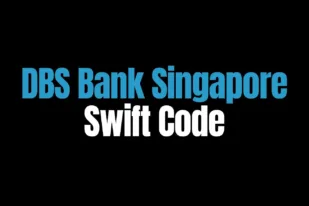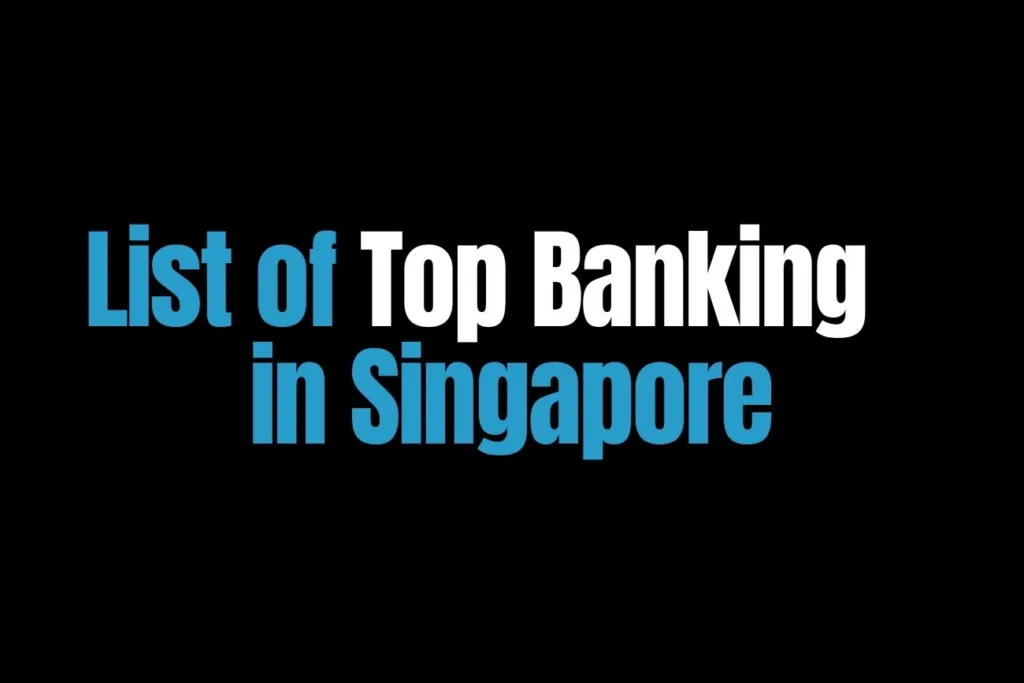Documents Needed to Open a Singapore Bank Account
Opening a bank account in Singapore is usually straightforward when your paperwork is tidy. Banks follow “know-your-customer” and anti-money-laundering rules, so they’ll ask for documents that prove who you are, where you live, your tax residency, and—where relevant—how you earn or intend to use the account. Below is a practical, bank-neutral checklist for individuals and businesses.
At a Glance: Quick Checklist
- Identity: Passport (foreigners) or NRIC (citizens/permanent residents)
- Immigration status: Employment Pass, S Pass, Work Permit, Dependant’s Pass, Long-Term Visit Pass, or Student Pass (or an In-Principle Approval letter if newly approved)
- Proof of address: Recent utility/telecom bill, bank/credit card statement, tenancy agreement, government letter (typically issued within the last 3 months)
- Tax residency self-certification: Your tax residence and Tax Identification Number (TIN), plus FATCA/CRS forms as applicable
- Source of funds / purpose of account: Employment letter, payslips, contract, invoices, or other supporting documents
- Initial deposit: Amount depends on account type; prepare funds to meet the stated minimum
- Contact details: Email and phone number (a Singapore number is helpful but not always mandatory)
Individuals (Residents & Foreigners)
1) Identity
- Singapore Citizens/PRs: NRIC (front and back if requested)
- Foreigners: Valid passport (with at least 6 months’ validity recommended)
2) Immigration / Residency
- One of: Employment Pass, S Pass, Work Permit, Dependant’s Pass, Long-Term Visit Pass, Student Pass, or an In-Principle Approval (IPA) if your pass was just approved
- Entry stamp or e-pass acknowledgment may be requested if you arrived recently
3) Proof of Address
- Recent utility or telecom bill, bank/credit card statement, tenancy agreement, or government letter
- Documents should show your full name and address, typically dated within the last 3 months
- If you are new to Singapore, some banks temporarily accept an overseas residential address; you can update to a local address later
4) Tax & Regulatory Forms
- CRS (Common Reporting Standard) self-certification: declare your tax residence and provide your TIN
- FATCA: customers with U.S. indicia may be asked for a W-9; others may be asked for a W-8BEN
5) Source of Funds / Purpose of Account
- Employees: recent payslips, employment letter/contract, or HR confirmation
- Self-employed/freelancers: invoices, contracts, or bank statements showing business receipts
- Students/Dependants: sponsor letter, proof of allowance, or relevant documentation
- Savings/Investments: statements or sale contracts if funds come from assets
6) Helpful Extras
- Singapore mobile number for OTPs and notifications
- Student enrollment letter (for student accounts) or HR onboarding email (for salary crediting)
- Tenancy agreement or letter from your accommodation provider if your name isn’t yet on a bill
Tip: Some profiles can complete onboarding fully online. Others—especially non-residents—may be asked to visit a branch for face-to-face verification.
A Similar Perspective
Students
- Passport (or NRIC for PRs) and Student Pass (or IPA if newly approved)
- Proof of address (campus housing letter, tenancy agreement, or a recent bill/statement)
- Enrollment/acceptance letter or student card, if requested
Dependants & Long-Term Visit Pass Holders
- Passport and Dependant’s Pass or Long-Term Visit Pass (or IPA)
- Proof of address and, where relevant, sponsor details or allowance documentation
Joint Accounts
- Each applicant provides their full set of documents (identity, pass, address, tax forms)
- Bank may require both parties to be present (physically or via verified digital process)
Corporate / Business Accounts
Requirements vary by entity type and ownership structure, but most banks will ask for the following.
1) Company Identity & Registration
- ACRA BizFile+ business profile (recent), showing company name, registration number (UEN), registered address, directors, and shareholders
- Certificate of Incorporation (for foreign-incorporated entities opening a Singapore account)
2) Governing Documents & Authority
- Company Constitution (Memorandum & Articles)
- Board resolution specifying the account opening and authorised signatories
- Specimen signatures and signing mandate
3) Directors, Partners, Shareholders & UBOs
- Identity (NRIC/passport) and address proofs for directors, partners, significant shareholders, and ultimate beneficial owners (UBOs)
- UBO declaration forms and tax residency self-certifications (CRS/FATCA)
4) Business Activity & Source of Funds
- Brief description of business model, expected transaction volumes, key markets, and counterparties
- Supporting evidence: website, contracts, invoices/quotations, office lease, or a simple business plan for early-stage companies
5) Additional Items (as applicable)
- Licences/permits for regulated activities
- For groups: corporate structure chart and parent company documents
- For foreign directors/UBOs: certified true copies or notarised documents may be requested
Document Standards & Practical Tips
- Language: Documents should be in English; provide certified translations if not
- Recency: Address proofs are usually accepted if issued within the last 3 months
- Consistency: Your name, address, and passport/NRIC details should match across documents
- Certification: If you submit copies, banks may ask for certified true copies or notarisation (especially for overseas signers)
- Bring originals: When visiting a branch, carry originals for on-the-spot verification
- File format: For online onboarding, prepare clear scans or PDFs (avoid cropped or low-resolution images)
Typical Application Flow
- Choose the account type (personal/priority/student/business) and review eligibility
- Pre-fill the online form or book a branch appointment
- Gather documents from the checklists above
- Complete identity verification (digital or in-person) and submit regulatory forms (CRS/FATCA)
- Make the initial deposit and set up digital banking/OTP
- Receive your debit/ATM card and activate it per the bank’s instructions
Frequently Asked Notes
- Remote opening: Available for selected profiles and products; policy differs by bank
- Non-resident applicants: Many banks prefer an in-person meeting; check if your profile qualifies for digital onboarding
- Updating details: If you start with an overseas address, you can typically update to a Singapore address once settled
- Timing: Straightforward cases can be quick; complex structures or cross-border ownership may take longer due to due diligence
Important: Requirements can change. Always confirm the latest information on official sources before you apply. Useful starting points include the Monetary Authority of Singapore (MAS), Immigration & Checkpoints Authority (ICA) for pass information, and ACRA for company records.




